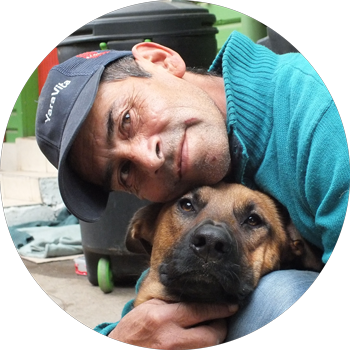With global populations exceeding one billion, domestic pets have become one of the top invasive species in the world. It is common in places like Valdivia, Chile (and other parts of the developing world) to let pets come and go as they please. This established cultural practice is seen as liberating for the animals, while also being a useful arrangement for protection and pest control.
What is Needed
Proper pet care techniques, such as vaccinations and sterilizations, are needed to ensure domestic dog and cat populations are kept under control and to prevent the spread of zoonotic diseases. With careful instruction and clear guidelines, local communities can understand how keeping healthy pets can lead to healthy humans.

Free roaming pets can pose significant threats to both community and ecosystem health. They often wander from local streets to the surrounding environments, disturbing natural habitats and influencing foraging and defense behaviors, increasing stress responses, and lowering reproductive rates of local wildlife.
What We do
Together with the Global Alliance for Animals and People (GAAP), Vets International has helped educate communities in Valdivia, Chile, about the impacts that free roaming pets have on sensitive wildlife, ecosystems, and human health. By providing resources like vaccines and low-cost sterilizations, VI helps reduce zoonotic infections and keeps pet populations at healthy numbers.
Our goals in Chile include:
- Protect the vulnerable species of the Valdivian Rainforest
- Minimize the spread of diseases to humans and wildlife transmitted by free-roaming cats and dogs
- Increase the health and welfare of cats and dogs in and around Valdivia
How You Can Help
Mitigating the risks that roaming pets pose is an important step in the conservation of fragile ecosystems and the protection of human and animal health. You can help us make a difference in human and animal lives by making a donation to support our efforts in Chile and other locations around the world.


